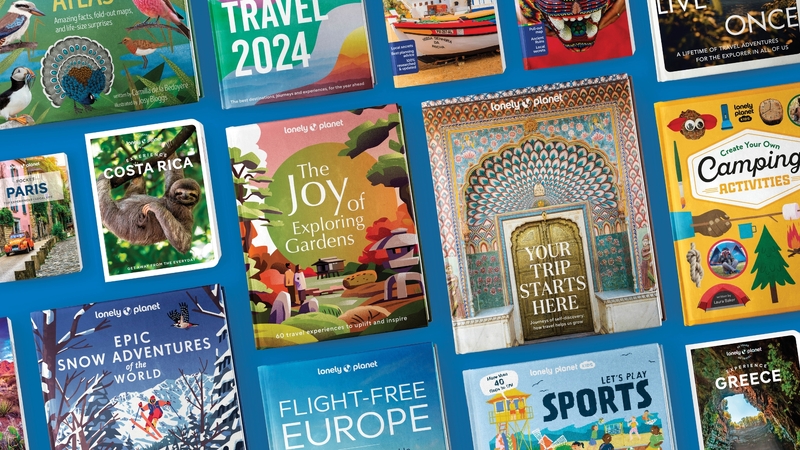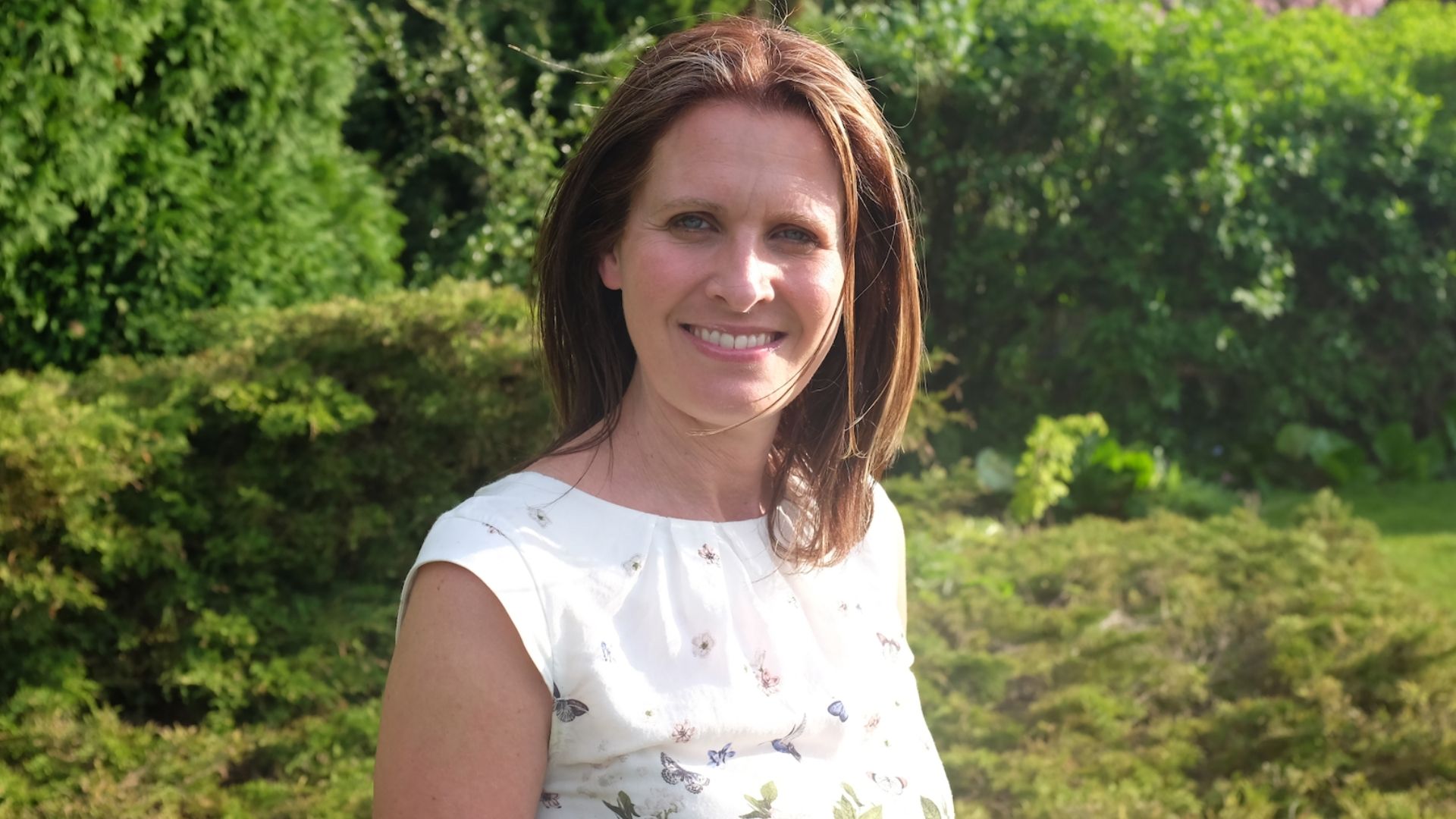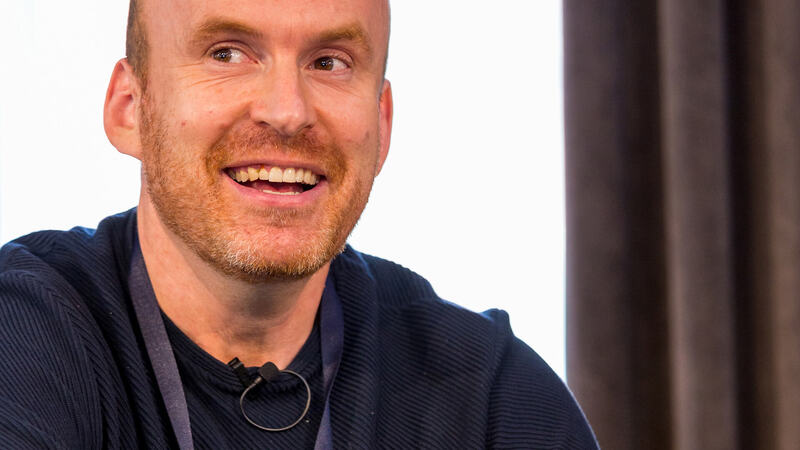You are viewing your 1 free article this month. Login to read more articles.
Stephen Palmer: The multimedia man
When Stephen Palmer became c.e.o. at Lonely Planet's London office last month, he was new to the industry as well as the job. Before the move--into the post left empty by John Sadler's departure in April last year--he worked in non-book publishing: most recently putting in five years at magazine empire Emap, and before that a 12-year stint at the Guardian.
It's a big change, but he's clearly been pulled in for a reason. Palmer left Emap as m.d. of its grandly titled Performance Interactive division, where he was responsible for developing existing print brands into all manner of "new media" products. "The challenge was how to stretch the brands that Emap had across to different media experiences," he explains. "If you were really into pop, for example, you no longer had to wait every fortnight for Smash Hits! to come out. You could have that experience 24/7 through digital radio or a television channel."
One of his major and "very, very successful" new media projects was the launch of FHM Mobile, an adaptation of lads' mag content that can be downloaded or run as a text service to mobile phones. Palmer's appointment by LP presages similar developments for its travel guides, but for the moment the publisher is playing its cards close to its chest. It is, he confirms, in "some very interesting, experimental deals" with mobile operators regarding downloadable LP maps, but he won't be pressed for details. "There's a lot you can do now," he says. "The challenge is to know how to separate the wheat from the chaff."
Building on books
Palmer's expertise in new media brings a fresh perspective to the publisher that compensates for his inexperience in book publishing. "[New technologies] blur some of the old, very strict media silos," he says. "Hopefully the breadth of media experience I had across print, broadcast and interactive will enrich what is already here at LP."
But with responsibility for LP's continental Europe, UK, Middle East and Africa operations, Palmer's strategy for organic growth cannot depend only on new modes of dissemination. As for any publisher, the mainstay is books. LP's Australia c.e.o. Tony McKimmie, who has been handling Palmer's role on a caretaker basis, denies the appointment was a sign that LP would push into online publishing at the expense of print, and Palmer readily agrees. "Make no mistake: we make our money now and we will continue to make our money going forward from publishing great guidebooks." He argues straightforwardly that the best way of ensuring LP maintains its major share of the travel publishing market is to engage with its readers and make sure it really responds to what they want.
Part of this is shaping the list to align with emerging travel trends. The rise of the "short and often" experience in tandem with no-frills airlines has seen the publisher expand its range of foreign destination titles, as well as break them down into more detailed area guides. "It's not, 'here's France', which is maybe what an American coming to Europe for three weeks might want," Palmer says. "Now you've got your guide to Provence or to Tuscany."
Another aspect is making sure content reflects the reasons people travel. "The same individual can be backpacking in the first part of the year, then doing the traditional Mediterranean beachy summer thing, and then a luxury city break. As opportunities for travel grow, their needs become more complex. The challenge for us is to meet them, and if we can do that we'll get the growth we want."
He identifies LP's own online message board as one of the routes to finding what consumers want. The Thorn Tree forum has nearly 300,000 registered users and acts as an informal focus group. "There's this constant, really rich stream of what people think," he says. "It's very, very spiky, like meeting somebody at a bar when you're travelling."
Feeding the desire
Beyond providing information, the forum perpetuates both the LP brand and the independent travel culture on which it depends. Similarly, the publisher is working to develop its list of non-guidebooks to sit alongside and indirectly promote the core guides list. Two new titles for spring include the Lonely Planet Bluelist, the first edition of what will be an annual publication highlighting the top LP destinations that year, and The Cities Book, a sleek coffee-table volume ranking the world's top 200 cities (as voted by LP staff).
Both books will attract revenue in their own right, but, Palmer says: "The key thing you're left with when you close them up is a desire to go there, to see it, and to do it. That feeds straight back into the portfolio of guidebooks which are the practical means of having that same travel experience."
By the same token, he wants to build on LP's established Global Nomad campaign, which visits universities with the basic aim of inspiring travel. "If you have one of those really intense immersion experiences involving travel when you're young, whether it's the traditional gap year or going round Europe or America, it becomes a bug." He dates his own back to a solo trip to Paris in his youth. "If you catch it, you've got it for the rest of your life, which is why it's important to get people when they're younger. Then we not only have travellers for life but hopefully we at LP have built a relationship with them." His own publishing journey is clearly well under way.
Katherine Rushton









